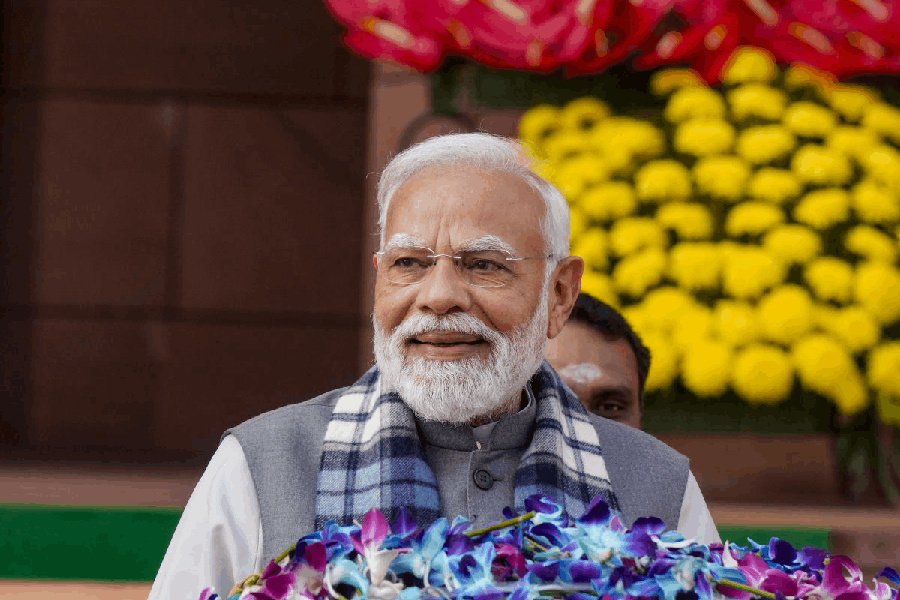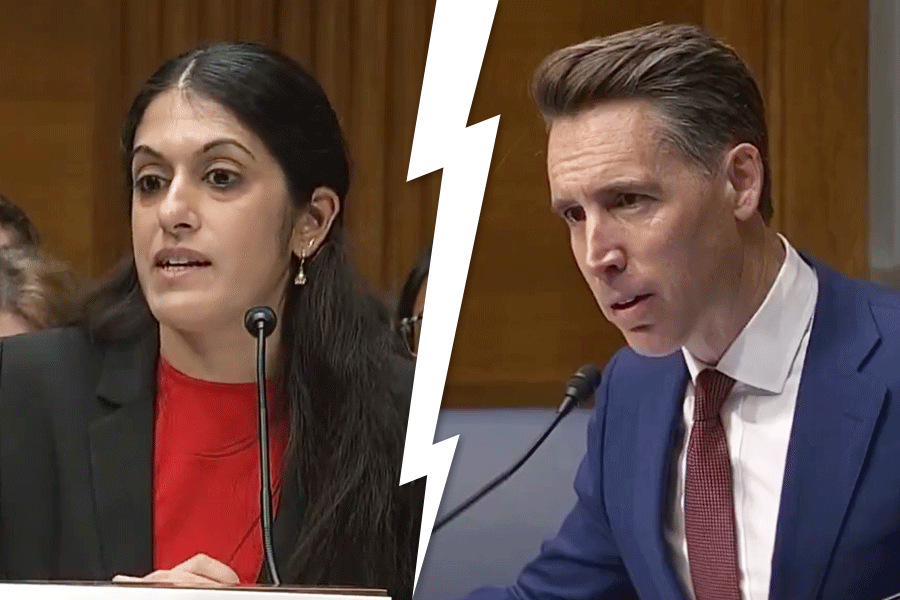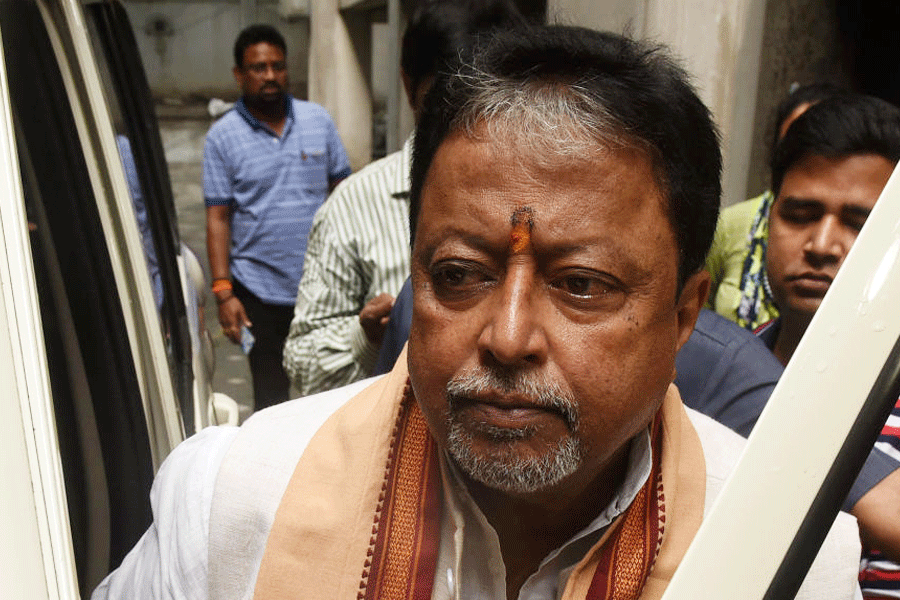 |
| Writer Chandra Kanta Murasingh reads a book. A Telegraph picture |
Agartala, Aug. 3: Quaint Kokborok proverbs and myths have been handpicked and compiled in a book that linguists hope will help save the language from fading into extinction.
Tales and Tunes of Tripura Hills, edited by leading poet and the Northeast’s first Bhasa Sanman award winner Chandra Kanta Murasingh, also happens to be the first book in Kokborok published by the Sahitya Akademi.
The ongoing war over what script the tribal language should follow, Roman or modified Bengali, and the younger generation’s fondness for English have almost pushed Kokborok into the attic, from where a few devoted linguists are struggling to retrieve it.
Tales and Tunes of Tripura Hills contains a host of songs, myths, folk tales and legends translated into English by leading scholars.
From pithy adages like “a glib talker ultimately gets doomed by his own talks” or “other man’s wife always looks beautiful”, to more complex proverbs like “love is not deterred by taboo on blood relations”, the book is a rare treasure.
True to their tribal roots, most of the songs and legends compiled in the book reveal man’s bond with nature.
A land turtle, for instance, symbolises good fortune in a jhum field.
“Almost no tribal feeds on turtle meat though non-tribals consider it a delicacy,” said Murasingh.
There are 26 popular folk songs, some of which can still be heard in summer in remote tribal dominated areas.
Of the 21 myths reproduced, Chethuang stands out.
Unable to bear her brother’s advances, a girl flees home one night and prays to a Chethuang tree to grow tall so that she could climb it and reach heaven. Moved by the hapless girl’s pleas, the tree helps her leave the sinful world.
Apart from the 102 proverbs collected during painstaking travels across the hills, Murasingh has also incorporated in his book a hundred simple riddles popular in tribal discourse to rekindle an interest in the language spoken by 31 per cent of the state’s population.
Currently an officer of Tripura Gramin Bank, Murasingh brought laurels to Kokborok language by winning the Sahitya Akademi’s Bhasa Samman award in 1996. A prolific writer, he is saddened by the waning interest in the language even among tribals.
“Nowadays, westernised tribal boys and girls who study in English and Bengali-medium schools do speak Kokborok at home but most of them cannot read or write their mother tongue properly. Unless this trend is reversed, Kokborok will have a tough time surviving,” said Murasingh.










